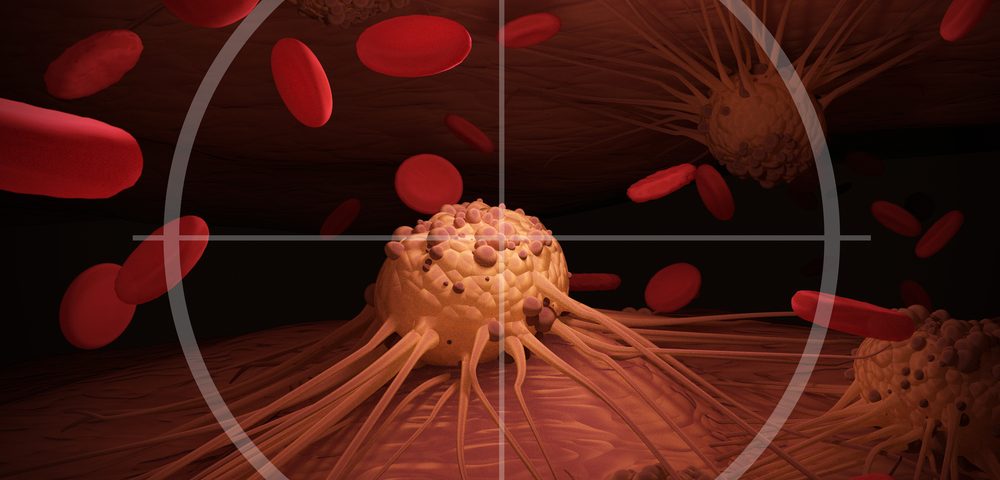The University of North Carolina Lineberger Comprehensive Cancer Center has launched two clinical trials exploring CAR T-cells in patients with lymphoma, making it easier for patients in the Southeast to participate in trials.
The trials are currently recruiting patients with relapsed or refractory Hodgkin’s or anaplastic non-Hodgkin’s lymphoma whose tumors express the CD30 molecule on the surface.
“Remarkable advances have been made in how we treat cancer in the past decade, but there are still many cancers, including advanced lymphoma, for which there are few effective treatment options,” Norman E. Sharpless, MD, director of UNC Lineberger, said in a press release. “Cellular immunotherapies hold tremendous promise, and the studies we are conducting today can put us in a position to offer more effective cancer treatments in the future.”
CAR T-cells are a type of engineered immune cells that have shown tremendously good results in studies of other cancers. Researchers gather a patient’s own T-cells and add a gene that makes them better at recognizing and attacking the tumor. In this case, the CAR T-cells will recognize the CD30 molecule.
The first trial is a Phase 1 study (NCT02663297) that will evaluate the safety of the treatment, comparing three different doses of CAR T-cells. Researcher plan to enroll 18 patients. The immunotherapy will be preceded by chemotherapy and an autologous stem cell transplant.
The other study — a Phase 1b/2 trial (NCT02690545) — will recruit 31 patients who are not eligible for a stem cell transplant. While the establishment of a safe dose is a main goal of the trial, researchers will also assess how effective the treatment is by measuring progression-free survival two years after the immunotherapy.
“While many patients with lymphoma often have excellent responses to currently available treatments, there are still a large number of them whose disease either does not respond to the initial treatment, or it relapses,” said Thomas Shea, MD, at UNC Lineberger and the principal investigator for both trials.
“Although early in the process, we have reason to believe that this treatment approach will benefit a number of these relapsed patients just as has been shown for other diseases such as acute leukemia,” added Shea, who is also the medical director of the UNC Bone Marrow and Stem Cell Transplant Program.
Earlier studies have already confirmed that the lowest doses of the treatment are safe, so now, the research team hopes to safely increase the dose to a level that may efficiently eradicate the cancer.
The cellular immunotherapy program at UNC Lineberger is the latest addition to the handful of academic centers in the U.S. with the possibility of genetically modifying patients’ immune cells for treatment use.
“The establishment of our cellular immunotherapy program is significant for several reasons,” said Jonathan Serody, MD, associate director of translational science at UNC Lineberger and a medical oncologist in the UNC Lineberger Leukemia and Lymphoma Program.
“First, it provides a dedicated center to rigorously investigate these experimental therapies. Second, it means people who live in the southeastern U.S. can stay closer to home to undergo cellular immunotherapy treatment.”
Researchers at UNC Lineberger are also designing trials for other cancer types.
“We are investigating this promising treatment approach to address areas of critical need for patients who, right now, have few therapeutic choices to try to extend their lives,” Serody said.


